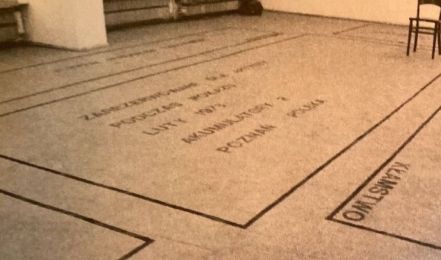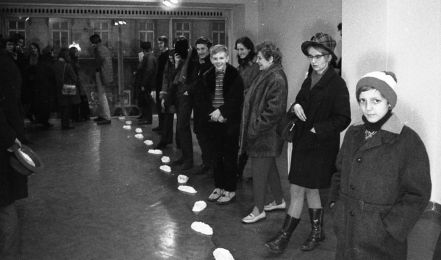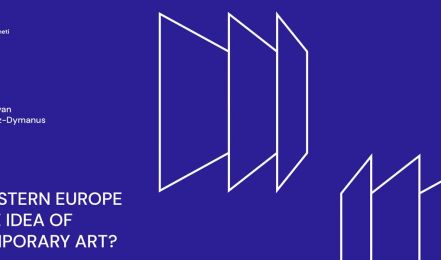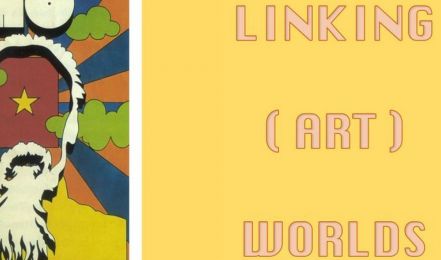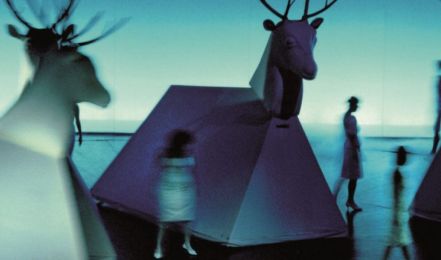‘Eastern Europe’
Egyenlőek és Szegények. A kommunista Európa és a Globális Dél művészete a hosszú hetvenes években - összehasonlító nézőpontból
Resonances IV. conference Piotr Piotrowski Center for Research On East-Central European Art in Poznań organizes the forth event of the Resonances project. KEMKI's research project consists of four conferences and is realized in partnership with the Department of Art History at Comenius University in Bratislava, the Research Institute of the Academy of Fine Arts in Prague and the Piotr Piotrowski Center for Research on East-Central European Art in Poznań. The final …
The Exhibition as Medium in the Bloc
… of the Academy of Fine Arts in Prague and the Piotr Piotrowski Center for Research on East-Central European Art in Poznań. The Prague chapter of the series examines how the discipline called "Exhibition Histories" can be applied to the field of Central East European art histories. Speakers: Milena Bartlová, Juliane Debeusscher, Kristian Handberg, Dóra Hegyi, Agata Jakubowska, Klara Kemp-Welch, Lujza Kotočová, Zsuzsa László, Pavlína Morganová, Cristian Nae, Terezie Nekvindová, Magdalena …
Hogyan terjedt el a kortárs művészet Kelet-Európában?
… come together? How did artistic trends relate to the political-economic transformations in the Eastern Bloc? This webinar aims to answer these questions by placing Octavian Esanu’s new volume, The postsocialist contemporary, into the focus. By discussing Esanu’s account of the role of the Soros Centers for Contemporary Art, which mushroomed in the ex-socialist countries throughout the 1990s, the webinar offers not only a historical but also a critical angle to the ideological, economic, …
Művészeti világok összekapcsolása. Amerikai művészet és Kelet-Európa a hidegháborúban és ma
… Art Worlds travelling seminar in KEMKI The Leibniz-Institute for the History and Culture of Eastern Europe (GWZO), with joint support from the Terra Foundation for American Art and the Getty Foundation through its Connecting Art Histories initiative, is launching a new series of traveling research seminars to explore relationships between the U.S. and East-Central European art scenes after 1945. Led by Dr. Beáta Hock, “ Linking Art Worlds: American Art and Eastern Europe in the Cold …
Az 1980-as évek alternatív művészetének ellentmondásai
… at the University at Buffalo’s Arts Management Program, opens up a new perspective on the study of Eastern European art in the 1980s. Praznik argues that it is through understanding creative art as labour that we can understand how some alternative artists of the 1980s were suppressed and others assimilated by the late socialist Yugoslav regime. Katja Praznik’s presentation is closely related to the ongoing research into 1980s art at KEMKI’s Research Department, and we hope it will …
